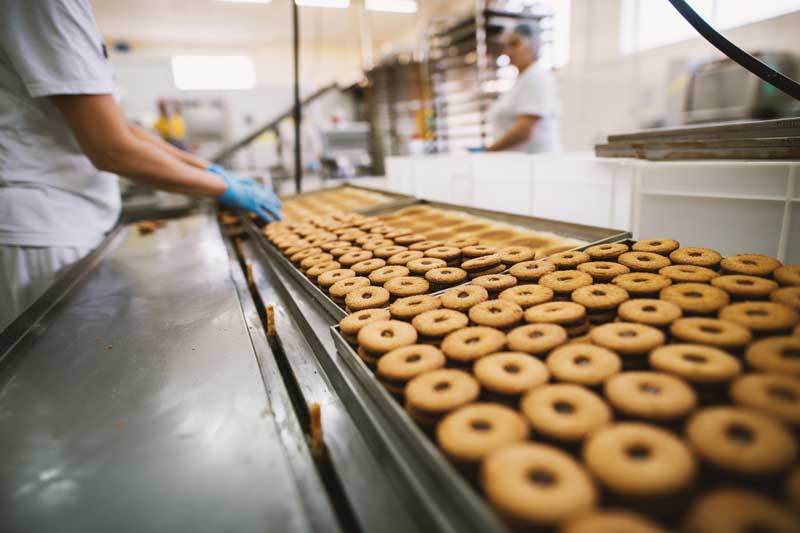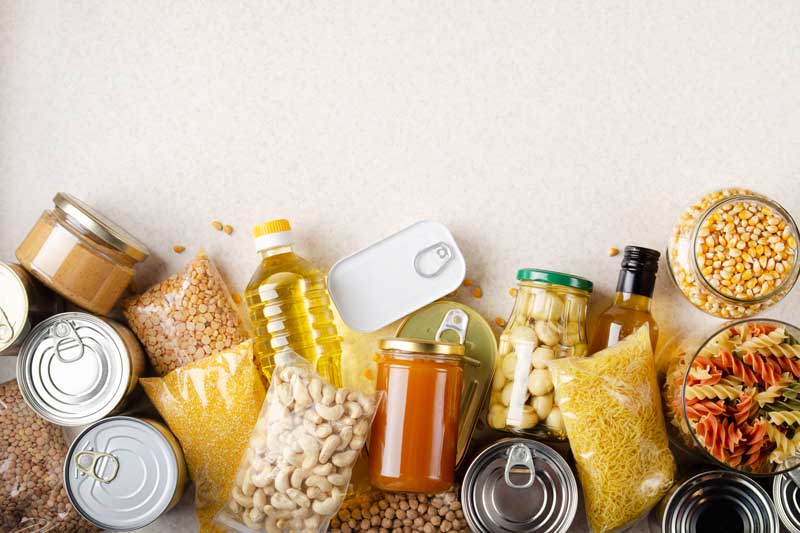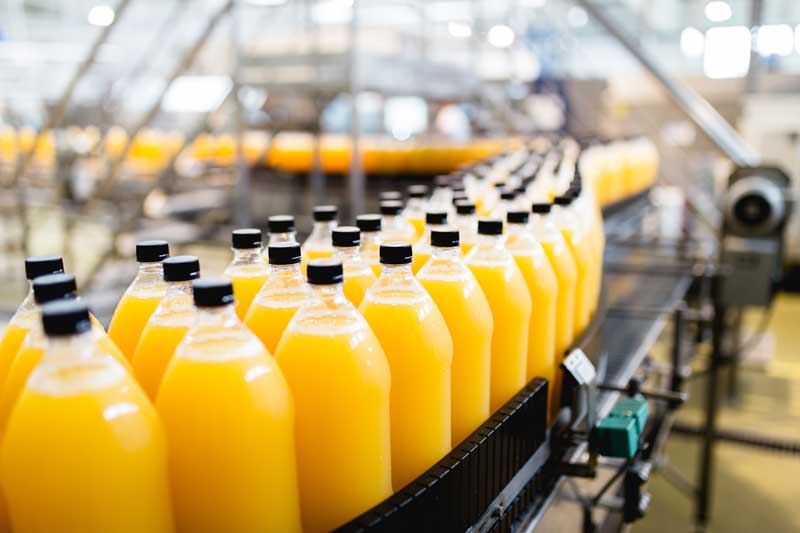Food Safety Hazards Considerations for Plant-Based Meat Alternatives
Food Safety Hazards Considerations for Plant-Based Meat Alternatives The shift in consumer appetite to plant-based proteins, or meat alternatives, continues to grow in popularity as an alternative to animal-based proteins. The reasons for doing so range from meeting personal health goals (i.e., cholesterol reduction), ensuring humane treatment for animals, reducing the impact of global warming to meeting food supply requirements for an ever-increasing world population. Even with increasing consumer adoption and grocery stores dedicating more and more shelf space to this new category of products, knowledge of potential food safety hazards still remains limited. Even so, companies take [...]












